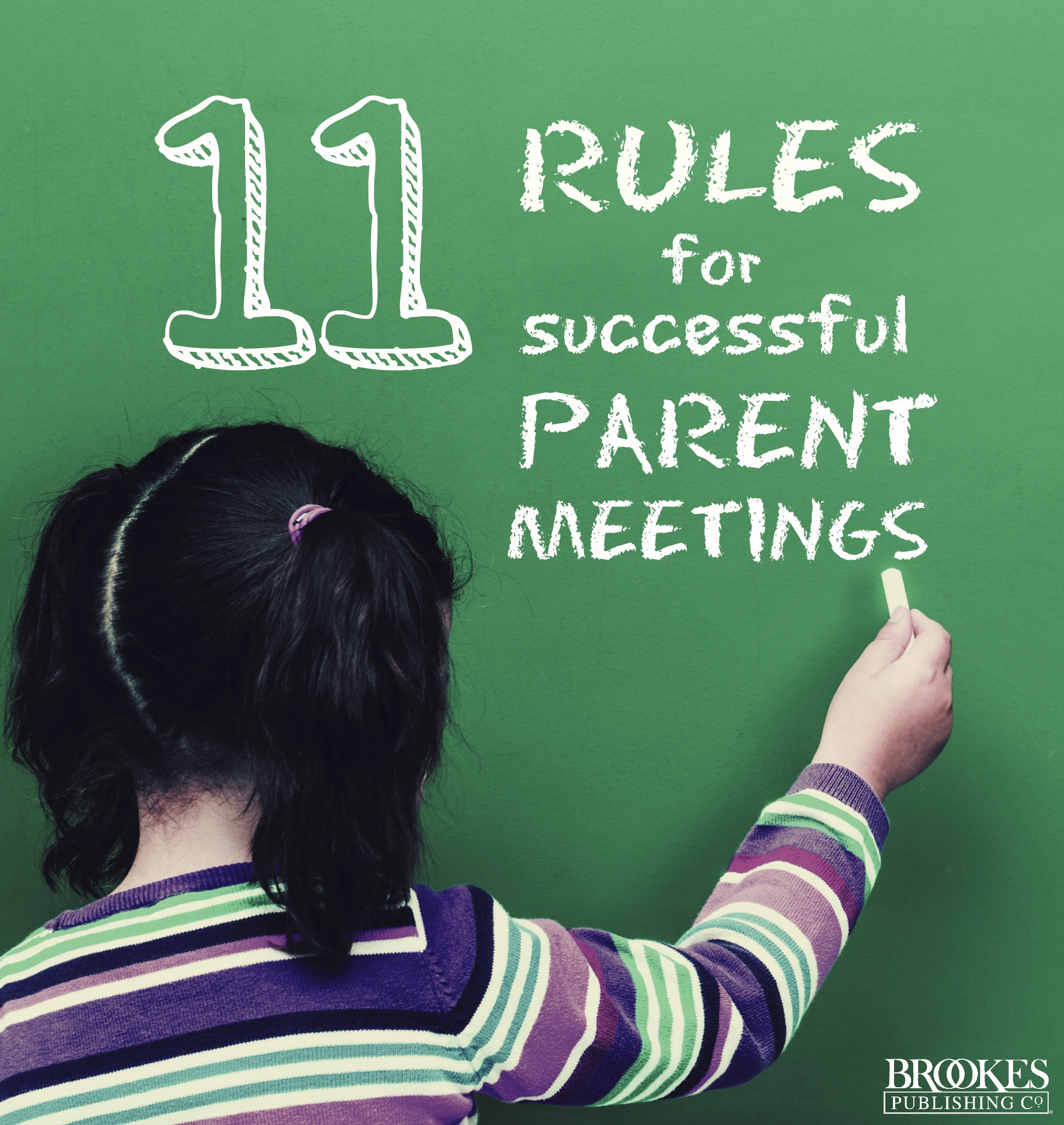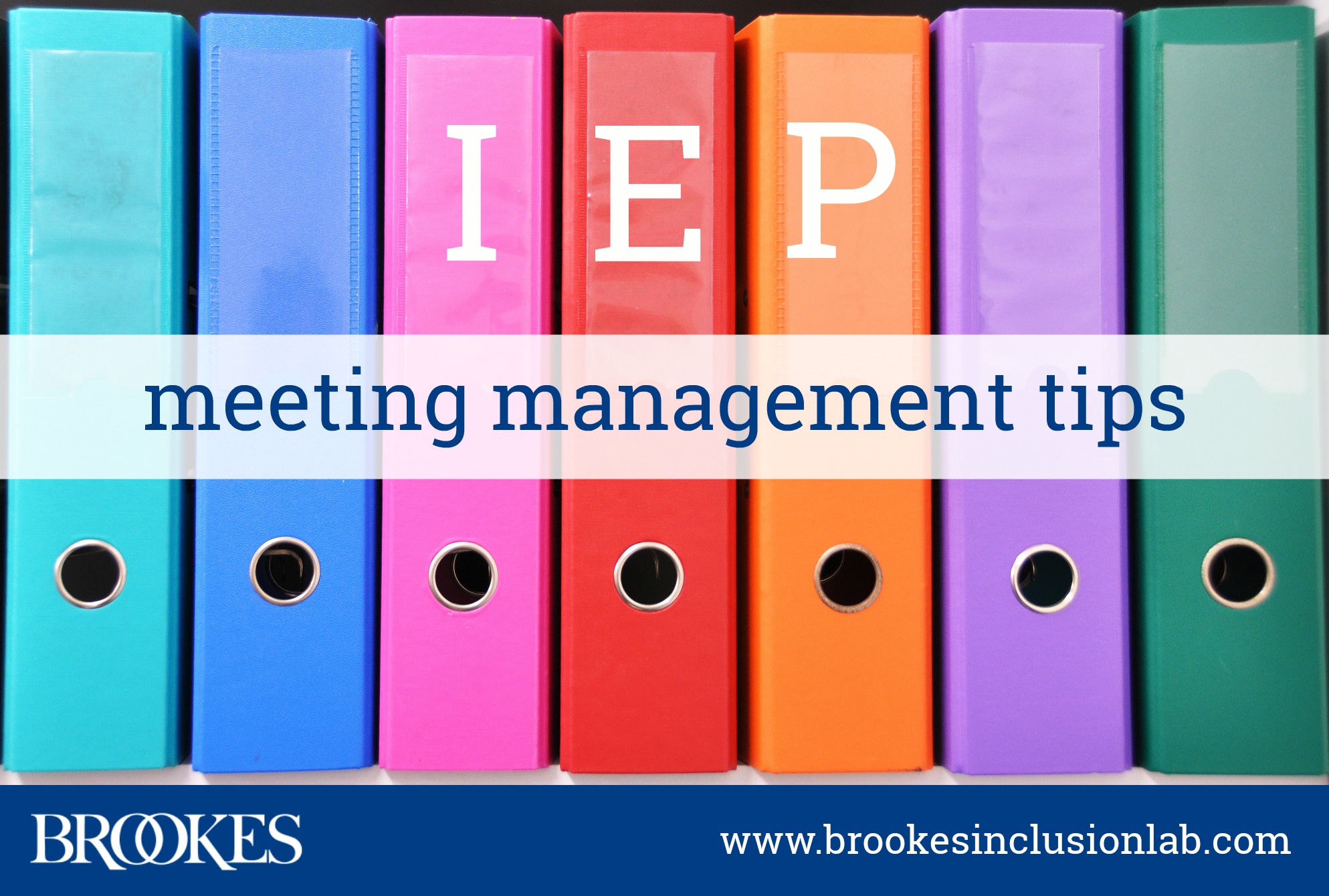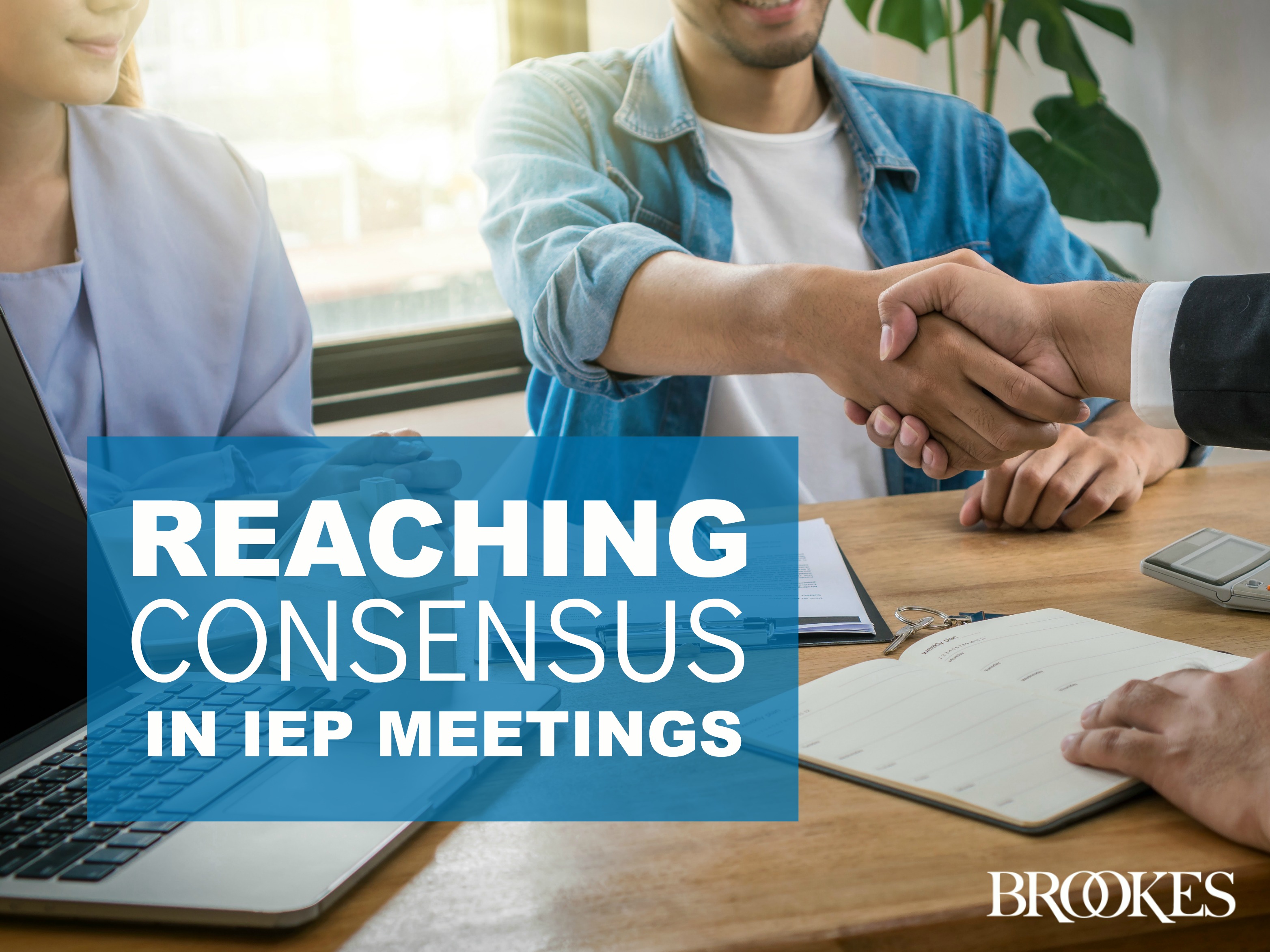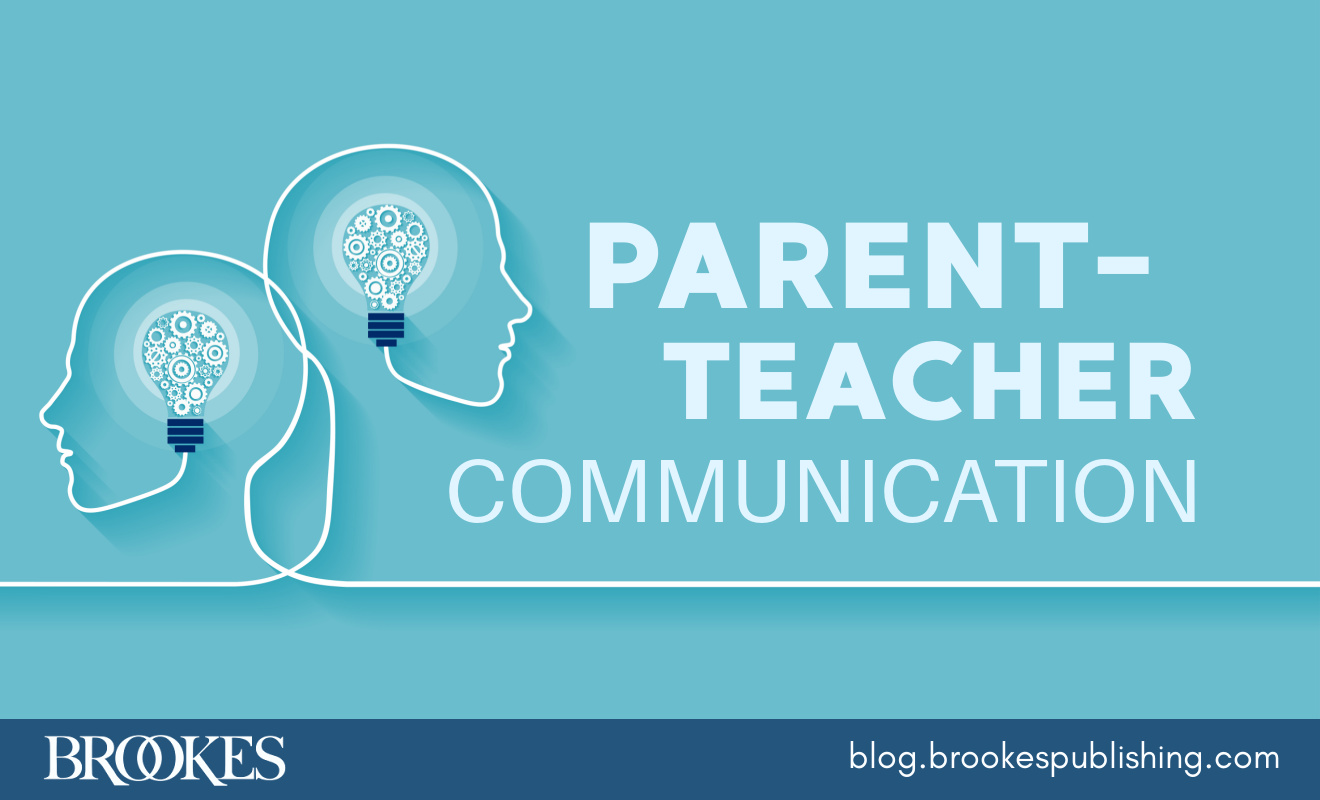Skillful, sensitive, and consistent communication is the foundation of strong partnerships with the parents of your students. How can you make the most of parent-teacher communication—and avoid common errors that can derail a meeting or a conversation? That’s what today’s post is all about.
Excerpted and adapted from Launching a Career in Special Education by Elizabeth Potts & Lori Howard, this post highlights 10 things to do and 5 things to avoid in your communications with families. (While these are framed as tips for special educators in the book, most of these guidelines can apply broadly to general educators as well.) These tips and guidelines will help you strengthen your relationships with parents throughout the year and form a productive partnership.
DO: Contact parents at the beginning of the year
Soon after the school year starts, call parents, greet them in the hallway, or send them a personal note. Introduce yourself. Make it clear that you’re excited to be working with their child and that you would love to hear from them at any time. Try to include something positive that their child has done. Some parents never hear the positive, and if your first interaction includes something specific and constructive, you can help start the relationship off on the right foot.
DO: Encourage parents to volunteer and attend school events
Sometimes parents are worn out and engage minimally with their child’s school. This may be especially true for parents of students with disabilities, who may feel tired from intense caregiving, fighting for services for their child, and feeling like they don’t fit in with the other families. Provide parents with many opportunities to be part of the school culture.
DO: Update parents at the middle and end of each grading period
More communication is always better—and reporting child progress toward IEP goals at the middle and end of each grading period is actually an IDEA requirement. Make it a habit to inform parents of IEP goal progress at interim and report card time. Use the data you have gathered, so that if parents have concerns about the accuracy of your report, you can show them how you reached your conclusion.
DO: Schedule regular conferences
Your school will probably have scheduled parent–teacher conference days at least once after the first quarter and again after the third. Some parents will come—most likely those whom you already communicate with regularly—but many will not. Parents often fear that it will be only bad news, or they may feel they’ve had so much communication from you that they can’t imagine what else you need to discuss. Make yourself available, and encourage parents to come in by providing an agenda that includes specific discussion points, including “awesome things your child has done recently” and “things your child needs to work on.” Making it clear that you want to learn more about their child is especially important, because it demonstrates that you care—both about their child and about the parents’ perceptions.
DO: Respect diverse family cultures
In some cultures, teachers are deferred to; in others, a student’s word is taken over a teacher’s. Some cultures are so patriarchal that a family may have a hard time seeing female teachers as authority figures. In some matriarchal cultures, the oldest female in the family drives all decisions, and she is likely to be your student’s grandparent or even great grandparent. Spend some time learning about your students’ diverse cultures—not to box families into stereotypes, but to be sensitive to family norms. (For instance, you may want to ask parents from a matriarchal culture to invite the grandmother to parent–teacher conferences and IEP meetings.) Keep in mind that cultural norms don’t mean that all families from a given culture will be the same. You’ll find that all families have their own individual family dynamic that may or may not align with cultural background.
DO: Reach out before each IEP meeting
Communication before every IEP meeting is called prior written notice, and your school district will have a format it should take. To work well with parents, you should contact them before you provide formal notification so you can include their needs as you schedule the meeting. Be kind to parents by accommodating their schedules as much as you can. When you talk to parents to schedule the meeting, be clear about its purpose—if it’s an IEP meeting, seek parental input and send home a draft IEP.
DO: Share good news
Some parents cringe when someone from their child’s school calls, expecting bad news if that’s what history has taught them. Change parents’ perceptions by sharing good news whenever you can. Set a goal for yourself to make one “good news” phone call every week or two so that each of your students receives at least one call each grading period. You might even want to talk to your principal and see if you can get them on board to make some of the calls. Students love hearing that the good things they do were noticed by important people, and parents will love it too!
DO: Communicate with a goal in mind when there is a problem
Teachers dread making phone calls about problems, and parents dread receiving them. Spend some time preparing before making a phone call like this one. Have a plan for how you will present the information, including specific examples of the behavior of concern and an idea of where you want the phone call to go. Ask yourself the following questions: What is your goal in calling the parent? Do you want to problem-solve together? Do you want to inform the parent and assure them you are taking care of it? Do you think the student requires a change to the IEP? Are you hoping that the parent will provide some consequence at home? Think about what outcome you want the conversation to have before you pick up the phone.
DO: Treat parents as the experts on their child
You may be the expert on education, but parents are the expert on their child. Treat them that way by asking them questions, engaging them in the work of the IEP team, and making sure that they always understand what is going on.
DO: Provide helpful end-of-year reflections
As the year wraps up, take time to provide parents with a picture of where their child is now, particularly in terms that aren’t expressed on the report card. A grade can’t reflect growth in helpfulness, for example, or a new delight in reading. Include some tips for how the student can continue to grow, academically and behaviorally, over the summer.
Along with these 10 essential things to do, here are some “don’ts” to avoid when communicating with parents:
DON’T: Use education jargon
Education—and special education—is an alphabet soup of acronyms, and the field is full of “educationease.” Avoid it when you talk to parents. Explain the terms that parents really need to know, and say the full term instead of using an acronym. When you’re working with a parent who has been around for a while, you may be tempted to assume that they already know the terms, but ask first and assume nothing.
DON’T: Talk loudly and incessantly
When people aren’t sure that someone understands them, they sometimes default to using volume to make themselves clear. This will likely put parents into a defensive position if they feel like you’re yelling at them. Keep an eye on how much you talk, too–even though you may be leading the meeting, encourage others to talk as well. Ask parents questions and engage them in the process instead of talking at them. If the student is mature enough, have them talk about personal strengths and weaknesses.
DON’T: Interrupt a parent
Teachers and administrators are used to being the ones in charge and driving the conversations, so sometimes it can be hard to sit back and listen—but that’s exactly what parents need. Once you get parents involved, let them talk. Even if what they are saying is only tangentially related to where you hoped the conversation would go, keep listening!
DON’T: Presume ignorance
Carefully consider the parent’s point of view and background before you provide explanations. If the parent has gone through the IEP process many times, they will likely not need you to explain the purpose of an IEP. If the parent is an engineer, you probably don’t need to explain the importance of math to them.
DON’T: Disengage physically
Be aware of your body language when you’re in a meeting with parents. Leaning back and taking your hands off the table may indicate that you’re not listening and not open to what is being said. Sitting up, leaning toward the person speaking, and nodding occasionally will help indicate that you’re engaged, listening, and open to what the person is saying.
With these guidelines in mind, you’ll strengthen your partnerships with parents and work together to provide skillful support for your students. For more on parent–teacher partnerships—and complete practical guidance on succeeding as a special educator—be sure to pick up the book behind today’s blog post.

Launching a Career in Special Education
Planning for Success
By Elizabeth A. Potts, Ph.D., & Lori A. Howard, Ph.D.
For new special educators, navigating the first few years on the job can be a complex challenge. Help is here in this positive and practical resource, your friendly guide to taking what you learned in your teacher prep program and applying it successfully in your classroom. Developed by two special education experts with decades of experience, this book gives you a complete action plan for on-the-job success—from managing everyday details like paperwork and classroom routines to mastering big-picture strategies for behavior management, collaboration, and assessment.
Stay up to date on the latest posts, news, strategies, and more!
Sign up for one of our FREE newslettersMore posts like this

11 Rules for Successful Meetings with Parents
September 13, 2016
14 Tips on Organizing and Managing an IEP Meeting
April 20, 2021


Write a Comment
Your email address will not be published. Required fields are marked *
Post a Comment